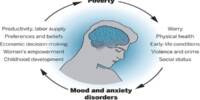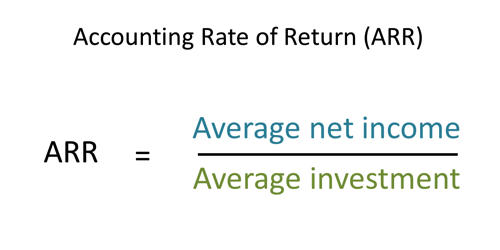As cities continue to densify, there is now construction very close to roads and thoroughfares. Noise is already known to have a negative impact on human health, but new research shows that as little as 40 decibels of traffic noise – the typical level of background noise in an office or kitchen – has a negative effect on cognitive performance.
According to studies, even low levels of noise can impair cognitive functions and impair concentration, resulting in decreased focus, decreased information processing, and an increase in errors. Constant noise exposure can also contribute to stress, fatigue, and irritability, negatively impacting work performance.
Chalmers’ Division of Applied Acoustics researchers conducted a laboratory study in which test subjects were subjected to concentration tests while being exposed to background traffic noise. The subjects were asked to look at a computer screen and respond to specific letters before rating their perceived workload. According to the study, the subjects performed significantly worse on the performance test and felt that the task was more difficult to complete with traffic noise in the background.
The audio sequence simulating the closer passages, where the sound changes significantly as the vehicle passes by, was usually the one that bothered the test subjects the most. This could be because traffic that is further away is perceived as a more constant drone.
Leon Müller
“What is unique about our study is that we were able to demonstrate a decline in performance at noise levels as low as 40 dB, which corresponds to the regular noise level in an office environment or a kitchen,” says Leon Müller, a doctoral student in the Division of Applied Acoustics in the Department of Architecture and Civil Engineering.
The background noise was made up of two audio sequences that simulated trucks passing by at ten and fifty meters apart. Both sequences were normalized to a total indoor level of 40 decibels.
“The audio sequence simulating the closer passages, where the sound changes significantly as the vehicle passes by, was usually the one that bothered the test subjects the most,” Müller explains. “This could be because traffic that is further away is perceived as a more constant drone.”

Housing is built closer to roads now
The new results emphasise an already problematic situation of negative impact on health and job performance due to traffic noise. In recent years, the distance between roads and newly built housing in Swedish cities has been allowed to shrink — a trend that can also be seen internationally.
Simply put, the Swedish regulations for where construction is permitted are based on the average outdoor noise level over a 24-hour period, which means that individual pass-bys are not taken into account. Furthermore, current regulations do not address the peaks of low-frequency noise indoors, which are difficult to avoid and, according to research, are more disruptive and thus have a greater impact on human health.
Jens Forssén, Professor of applied acoustics at Chalmers, demonstrated in one study that low-frequency noise is primarily generated by heavy traffic at low speeds and is difficult to eliminate even with well-insulated windows and buildings that meet all construction norms and guidelines for sound insulation.
Reduced vehicle speed can increase the noise exposure indoors
“The calculations for different types of facades show that it is difficult to achieve ideal indoor sound environments near heavily trafficked roads,” Forssén says. “Reducing speeds is not a solution, as our calculations show that the indoor noise exposure can even increase at lower speeds.”
Furthermore, Forssén claims that noise and the sound environment are frequently overlooked during the planning process, and that there are benefits that could be realised if adjustments were made to better utilise the space in terms of noise pollution.
The researchers also agree that the most effective solution would be to avoid urban densification in areas where traffic noise would have a negative impact on health and well-being.
















